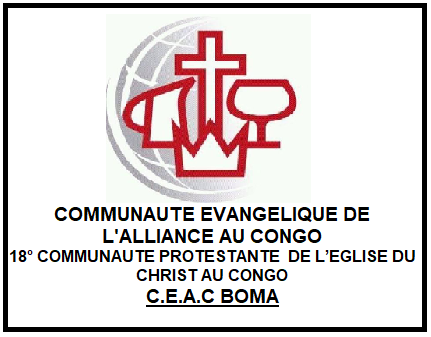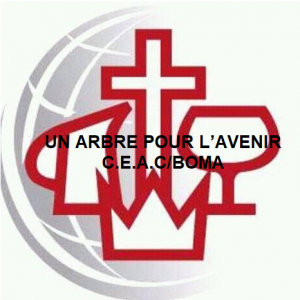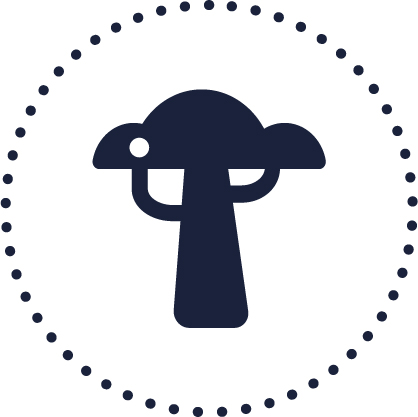
Un Arbre Pour l’Avenir
The project "Un Arbre Pour l'Avenir" aims to reforest 10,000,000 plants in 5 years (2,000,000/year) to restore the ecosystem of the Bas Fleuve District (Democratic Republic of the Congo).

Overview of the project

Yesterday counted among the national dense forests, including the equatorial one, the forest of Mayombe, in the Bas Fleuve, has almost disappeared because of wild exploitation at the base of :
- The decrease of its water retention capacity of the soils, the depletion of slash and burn agriculture which decreases the fertility of the soils, the increase of the floodable areas with as consequences and collateral effects: the reduction of the agricultural yields, the degradation of the cultivated lands and the increased risks of floods
- The limitation of water infiltration, the decrease of water quality by the increase of materials in suspension with as consequences and collateral effects: The degradation of the access to water for the populations and the increase of the hydric stress for the cultures
- The impoverishment of the fauna and flora, the disappearance of forest fragments and shrub species with the following consequences: the decrease in the availability of resources of food, medicinal and economic interest, the decrease in the capacity of adaptation and regeneration of the environment, the increase in the risk of proliferation of invasive species, the destruction of the fauna and flora of the area and the disappearance of animal species endemic to the region.
The initiative consists of reproducing 10,000,000 plants in 5 years in 4 different nurseries equipped in Moanda, Tshela, Lukula and Seke banza with 500,000 plants each/year, plants that will be distributed free of charge to the entire population, schoolchildren and farmers in order to reconstitute the destroyed ecosystem, especially with fast-growing plants (Acacia and Eucalyptus) and forest species such as Prioria balsamifera, Terminalia superba and Albizia ferruginea.
Reforest 10,000,000 plants in 5 years (2,000,000/year) to reconstitute the Lower River ecosystem.
Ongoing research
01/2022 - 12/2027
The project intends to produce and distribute two types of plants free of charge with :
Two types of fast-growing plants with:
- 100.000 acacia plants/year/tree (400.000/year and 2.000000/5 years)
- 100.000 Kg eucalyptus plants/year/tree (400.000/year in total and 2.000.000/5 years)
Treating Forest Essences with:
- 100.000 Kg plants of Prioria balsamifera (Tola)/year/tree (400.000/year and 2.000000/5years)
- 100.000 Kg plants of Terminalia superba (Limba)/year/tree (400.000/year in total and 2.000.000/5 years)
- 100.000 Kg plants of Albizia ferruginea (Kambala)/year/tree (400.000/year and 2.000000/5years)
- 10.000.000 plants in 5 years (2000000/year) on a total area of 9.980 km2
- 4 nurseries (Moanda, Tshèla, Lukula and Seke Banza)
- A global cost of 5.000.000 $ US.
As qualitative results, we have:
- The awareness of the local population (students, farmers, planters) on the importance of reforestation
- The improvement of the local climate;
- The stabilization of the soil and the fight against erosion;
- The decrease of the pollution of rivers and streams
- The reconstitution of the nature and the fauna of the region
ECAC is seeking funding
organisation

The CEAC is an Asbl in activity since the arrival of the Protestant Missionaries in 1885 with its head office in the City of Boma in the Province of Central Kongo in the Democratic Republic of Congo.
It is present and active:
- In the Religious sector: where it currently has 964 parishes with more than 1.300.000 faithful;
- In the Education sector where it has 236 schools, from primary to university, with approximately 111,000 students each year;
- In the Health sector, it has several hospitals and health centres of reference;
- In the Social Sector where it supports the vulnerable population through affiliated philanthropic associations






